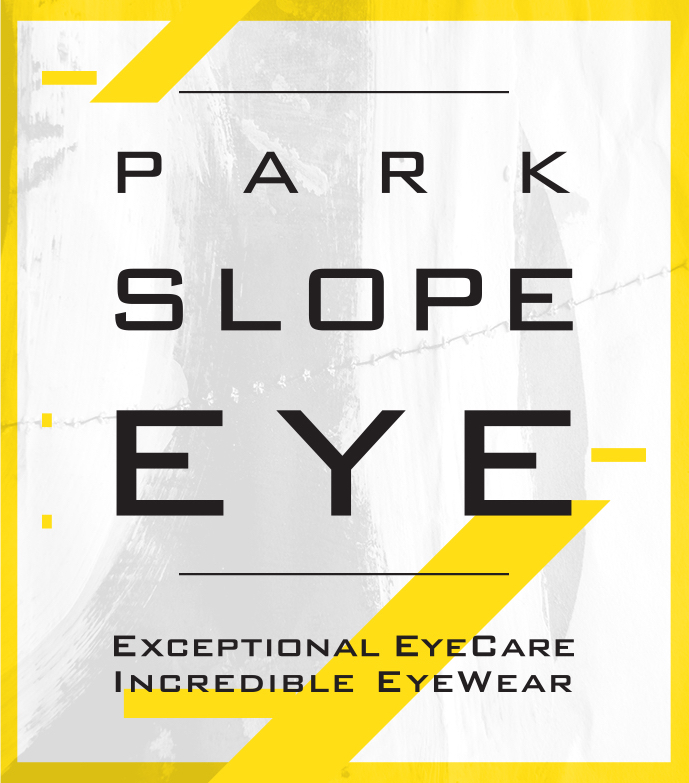Diabetes is a metabolic disease that can cause a host of health complications, including diabetic retinopathy, which currently affects almost eight million individuals. As we observe Diabetic Eye Disease Awareness Month this November, Park Slope Eye, your trusted local eye care clinic, sheds light on this condition.
What Causes Diabetes
Diabetes occurs when your body produces insulin at insufficient levels or develops a resistance to this hormone. This can compromise glucose metabolism in your body, resulting in high blood sugar levels, which causes your blood to become thicker and flow sluggishly. As a result, different parts of your body, including your eyes, may receive insufficient oxygen and nutrients.
How It Affects Your Vision
Diabetic retinopathy tends to be asymptomatic in the early stages. As the condition advances, the blood vessels in your retina become weak and begin to rupture. This causes fluid and blood to leak into your macula, resulting in central vision irregularities. This is why your reliable eye specialist emphasizes the need to include regular eye exams in your diabetes management plan.
Over time, your eyes may start to develop new blood vessels to compensate for the reduced blood flow. These new blood vessels are inherently fragile and can break easily, causing blood to deposit in your eyes. During this stage of the disease, you may notice black spots in your visual field, also known as “floaters.” You may also experience blurry vision.
How to Manage It
Without treatment, diabetic eye disease may cause irreversible vision loss. To prevent this from happening, the National Eye Institute wants you to stay on TRACK:
T – Take your diabetic medications on time as prescribed by your doctor
R – Reach and maintain a healthy weight
A – Add more physical activities to your everyday routine
C – Control your ABCs (A1C or average glucose levels, Blood pressure, and Cholesterol)
K – Kick the smoking habit since it may promote blood vessel narrowing
Most importantly, if you are diabetic, you need to have a comprehensive eye exam at least once a year. This enables us to detect diabetic retinopathy in the early stages and provide prompt and effective eye care treatment before the condition progresses.
For more information about diabetic retinopathy, complete our form to schedule an appointment. We serve families in Brooklyn, NY, and nearby areas.








